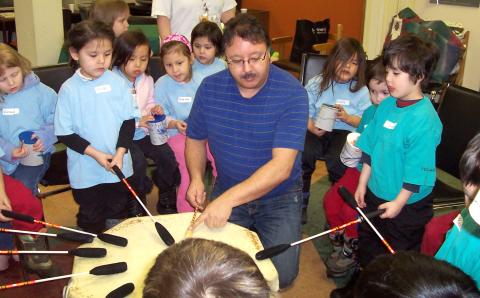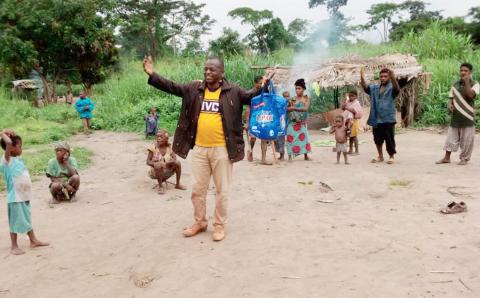If you have your phone nearby, take a moment and look at the photos you took back in January and February of 2020. You’ll see how things were just before the COVID-19 pandemic swept into our lives.
We had no idea back then, did we? We couldn’t have guessed all the ways the pandemic would invade our “normal” and change how we do work, church, family, travel, and countless other things.
What have we learned since then?
We’ve certainly learned a few new skills: How to work from home. How to engage worship virtually. How to physically distance in the places where we used to rub shoulders with others.
We’ve also learned about our weaknesses. After all, disruptors tend to expose underlying dysfunction. Strains in relationships, weaknesses in communications, and gaps in technology and structures have revealed themselves—sometimes painfully—in these trying times.
Perhaps our most significant learnings, though, are the old things COVID has forced us to understand in new ways. It’s as if the pandemic has given us new glasses through which to see ourselves and our world. We’ve seen with fresh eyes the fragility of life, the power of community, and the challenge of change.
Let’s think about that last one for a moment—the challenge of change. At Pastor Church Resources we have seen churches and pastors try to deal with the suddenness, frequency, and accumulated impact of change. Church leaders and church members together feel like bruises that keep getting bumped. And old truths about change are experienced in new ways:
- Change is hard. It requires us to say goodbye to something familiar and learn a new way—sometimes an unpleasant new way. Church members should take this into account as they experience weariness in themselves and crankiness in others.
- Change usually involves loss. We lose a routine, the old normal, or perhaps something or someone we cherished. Leaders would be wise to help their congregations name this truth, not just because of specific losses but because loss has become a dominant theme of life for so many.
- Loss causes grief. We mourn what we miss, but we don’t often know that this is what we are experiencing. Let’s notice our griefs, share them with one another, listen deeply to each other, and bring our griefs to God.
- Grieving requires time. You can’t rush it. It takes a while for life to move on and for us to sense the power of the things that endure. The process is helped when the people in your community come around you and confirm that your loss is significant and your sadness is normal. This is some of the most important work that churches will do in these times.
- Our souls’ true home is not “normalcy,” but God. The peace that passes understanding is not grounded in a return to the old ways or even the establishment of new ways. It is grounded in God’s presence with us through Christ, and churches are places to name that truth over and over for one another.
Someday we’ll add “after COVID” pictures to the “before COVID” pictures in our phones. And hopefully we’ll remember what we’ve learned along the way: to cherish community, to savor life, and to engage change with confidence, knowing we have a true home in God.
About the Author
Rev. David Den Haan is pastor of Fairway CRC, Jenison, Mich.








